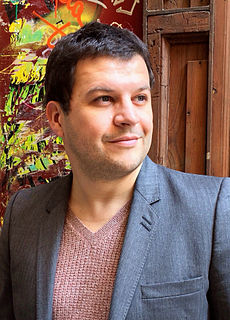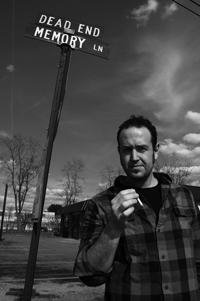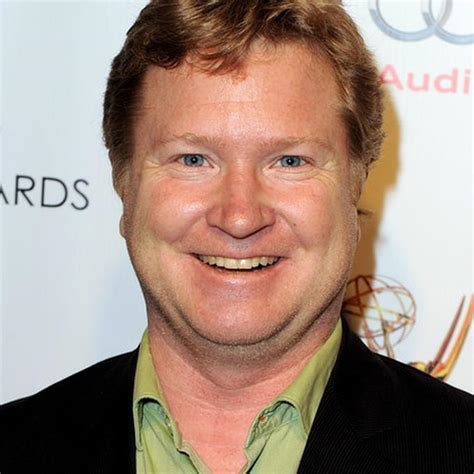A Quote by Nick Laird
Poetry is a way of being alone without feeling alone. It allows you to experience another mind, I suppose. And it does that more fully than other art forms, I think. It doesn't simply describe an experience, or a feeling, or a moment: it evokes it through, say, rhythm or tone or diction or metaphor. It creates a mood. A poem communicates before it is understood; it's not a fully paraphrasable form, which distinguishes it from other forms of writing.
Quote Topics
Alone
Another
Art
Art Form
Art Forms
Before
Being
Being Alone
Creates
Describe
Diction
Distinguishes
Does
Experience
Feeling
Feeling Alone
Form
Forms
Fully
Metaphor
Mind
Moment
Mood
More
Other
Poem
Poetry
Poetry Is
Rhythm
Say
Simply
Suppose
Than
Think
Through
Tone
Understood
Way
Which
Without
Writing
Related Quotes
You experience life alone, you can be as intimate with another as much as you like, but there has to be always a part of you and your existence that is incommunicable; you die alone, the experience is yours alone, you might have a dozen spectators who love you, but your isolation, from birth to death, is never fully penetrated.
I think that is what you want to do as a cinemagoer - to experience something fully. Some things don't let you experience them fully. It may be your own preordained prejudice where you can't experience them fully. But when you come out of the cinema having felt, thought, and experienced your way through two hours, that is a really cool thing.
Meditation is the art of living with yourself. It is nothing else than that, simply that: the art of being joyously alone. A meditator can sit joyously alone for months, for years. He does not hanker for the other, because his own inner ecstasy is so much, is so overpowering, that who bothers about the other?
That authentic experience that happens both in the artist and in the audience you can classify as a mystical experience. You can classify it as aesthetic shock, or even a psychedelic experience. Some people seek to recreate that experience through drugs. But the other way that you can do it is through art, and through spectacle. We have those experiences when we go to rock shows, or when we listen to a piece of classical music, or read a particular poem, or see a painting.
When you completely accept this moment, when you no longer argue with what is, the compulsion to think lessens and is replaced by an alert stillness. You are fully conscious, yet the mind is not labeling this moment in any way... It is a shift from identification with form --the thought or the emotion-- to being and recognizing yourself as that which has no form -- spacious awareness.
I think it would be fair to say that most female dancers have dealt with, whether it's an extreme, or minor complex in eating disorders. So the first thing I would say to girls who are feeling that way is you're not alone. You're far from alone. You're the majority. There's absolutely nothing wrong with what you're feeling.






































